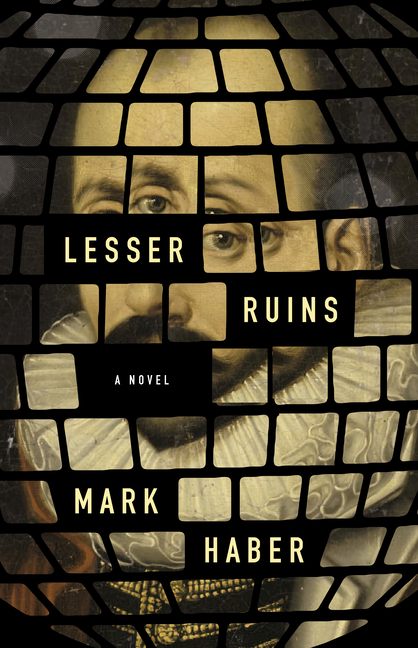He favors the lavishly expansive rhythms of continental masters like Thomas Bernhard and W.G. Sebald. His sentences unspool for pages, twirling off into an elaborate filigree of clauses and asides. There are few, if any, paragraph breaks. The effect is at once manic and hypnotic. It is not difficult to imagine Haber’s novels narrated by Werner Herzog, who pronounces each word with heavy (and often unintentionally comic) world-weariness. Happily, Haber is funny on purpose ... Lesser Ruins, is the most tragic and exquisite of the lot. It mounts decisive proof that Haber is one of the most rigorous and serious — and anachronistic — novelists working today ... Haber’s novel is at once a remedy for and an instance of its narrator’s true obsession: not Montaigne, but distraction itself. The length and intricacy of its sentences force the reader to concentrate, but what we are compelled to concentrate on is nothing but a tapestry of digressions ... What emerges in the end is an ode to distraction, an entire book composed of distractions that are, paradoxically, absorbing ... It is a glorious distraction, and there is no higher compliment.
Read Full Review >>

